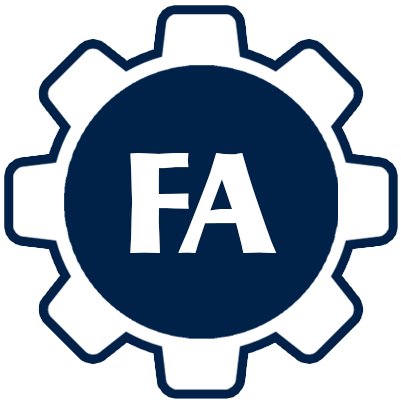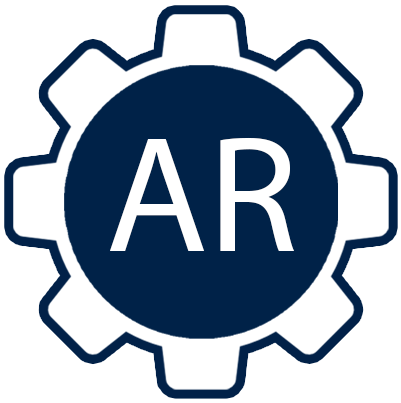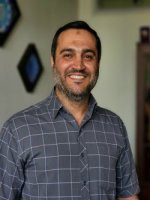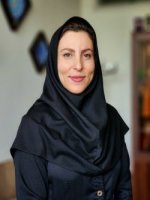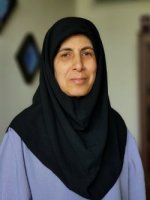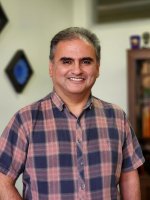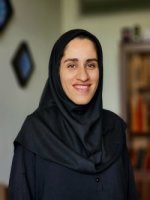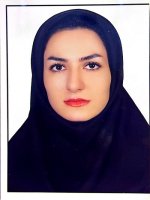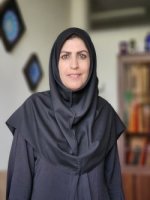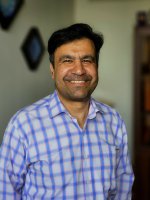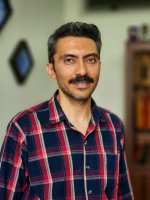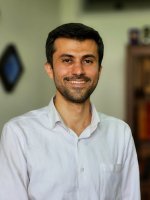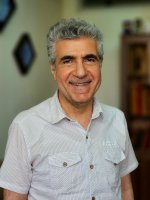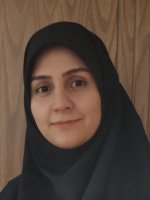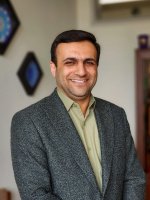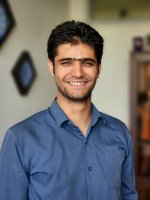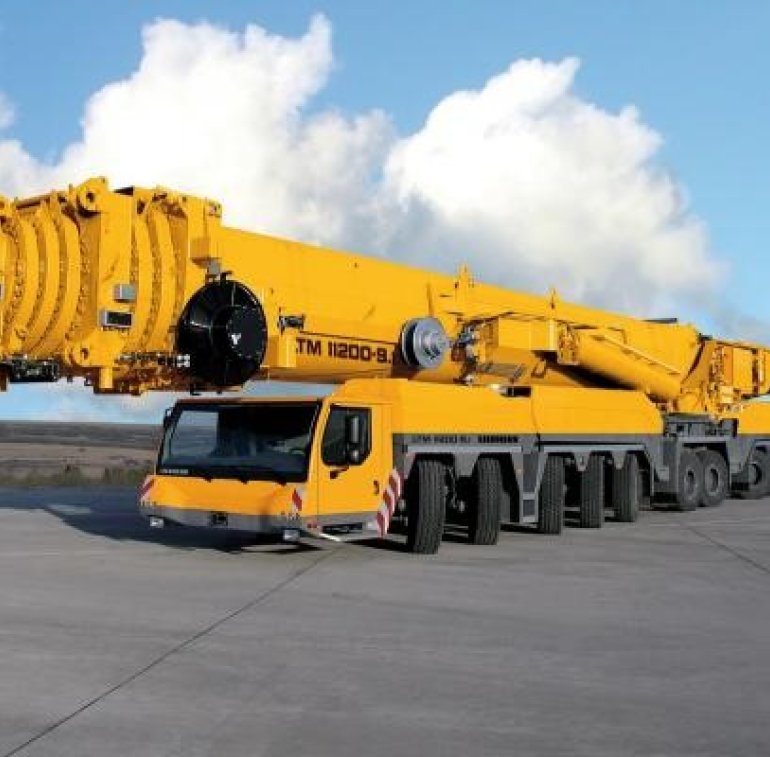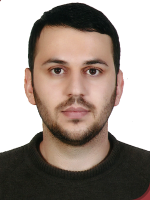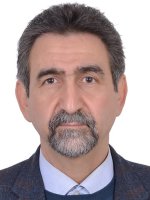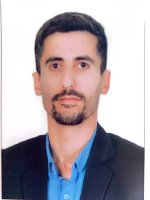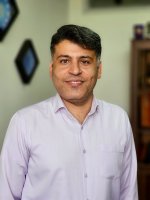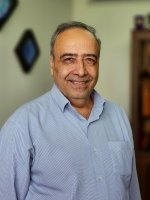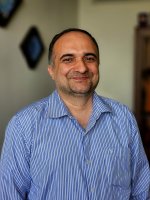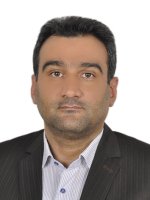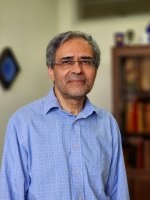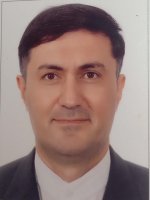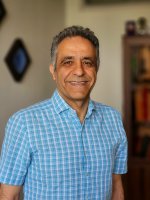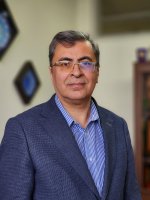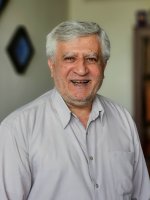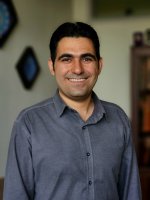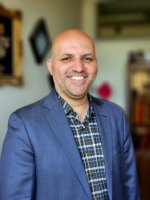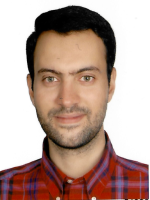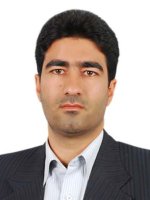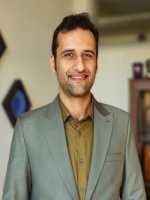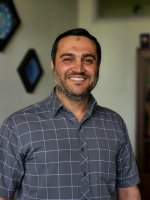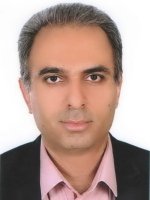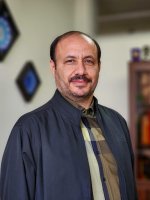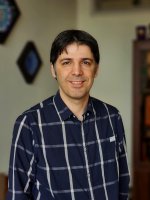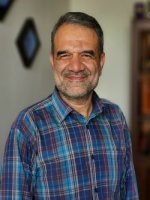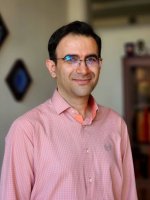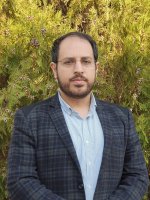Solid Mechanics is one of the specialized groups at the department of mechanical engineering at Isfahan University of Technology. This branch of mechanical engineering investigates the behavior of solid bodies and structures under the effect of external loads in all time scales and all length scales. Mechanical and thermal loads are the most important loads in solid mechanics, each of which includes a wide range. The rate of loads can be classified as constant (static), slow (quasi-static), repetitive (fatigue), fast (impact) and very fast (explosive). The purpose of such studies is to understand and predict the deformation, tolerable loading until failure and fracture, microstructure changes and the growth of such changes in time. The types of material behavior in solid mechanics include elastic, hyperelastic, plastic, visco and time-independent behaviors, which are closely dependent on the properties of the constituent material(s) of the body or structure. Metals are one of the most widely used materials studied in solid mechanics. Although composite materials, smart materials and metamaterials have replaced metals in some applications and have attracted the attention of many researchers in this field. Stress and strain are the most important mechanical quantities in solid mechanics that describe the behavior of solids. On the other hand, yield stress, ultimate strength, fatigue life, elastic modulus (Young's modulus) and Poisson's ratio are the most important mechanical properties, and thermal expansion coefficient is the most important thermal property in solid mechanics. Solid mechanics studies can be conducted with different approaches including theoretical, computational, and experimental. Modern methods and tools such as molecular dynamics, multi-scale modeling, phase-field method and artificial intelligence all have many applications in modeling and solving solid mechanics problems. Many interdisciplinary researches are carried out between solid mechanics and other sciences including physics, chemistry and medicine, and other engineering including civil, materials and transportation. It can be said that different industries, including steel production industries, transportation (such as automobiles), aerospace industries, power plants, and even medicine, need solid mechanical engineering to design, analyze, and manufacture their equipment. The readers are referred to section Laboratories to learn about the laboratory facilities of the group and to section Education. For the courses which are offered by the group.
Research fields in Solid Mechanics group (Active Professors in the fields)
Fracture mechanics and Damage Mechanics (Dr. Forouzan, Dr. Mashayekhi, Dr. Silani, Dr. Jafari, and Dr. Jafarzadeh)
Composite Materials (Dr. Jafari, Dr. Mashayekhi, Dr. Javanbakht)
Smart Materials and Metamaterials (Dr. Kadkhodaei, Dr. Silani and Dr. Jafari،Dr. Nouri)
Metal forming and plasticity (Dr. Forouzan, Dr. Salmani Tehrani, Dr. Mashayekhi, Dr. Kadkhodaei and Dr. Niroomand)
Tribology and Lubrication (Dr. Akbarzadeh and Dr. Aramfard)
Meso, Micro and Nano Mechanics (Dr. Javanbakht, Dr. Silani and,Dr. Jafari, Dr. Jafarzadeh, Dr. Nouri, Dr. Aramfard))
Biomechanics (Dr. Kodkhodaei, Dr. Salmani Tehrani, Dr. Silani and Dr. Niroomand, Dr. Nouri )
Automotive Engineering (Dr. Esfahanian, Dr. Forozan)
Elasticity and thermoelasticity (Dr. Salmani Tehrani, Dr. Shahidi and Dr. Jafarzadeh)
Theory of plates and shells (Dr. Shahidi)
For more details, refer to the professors' personal website.


